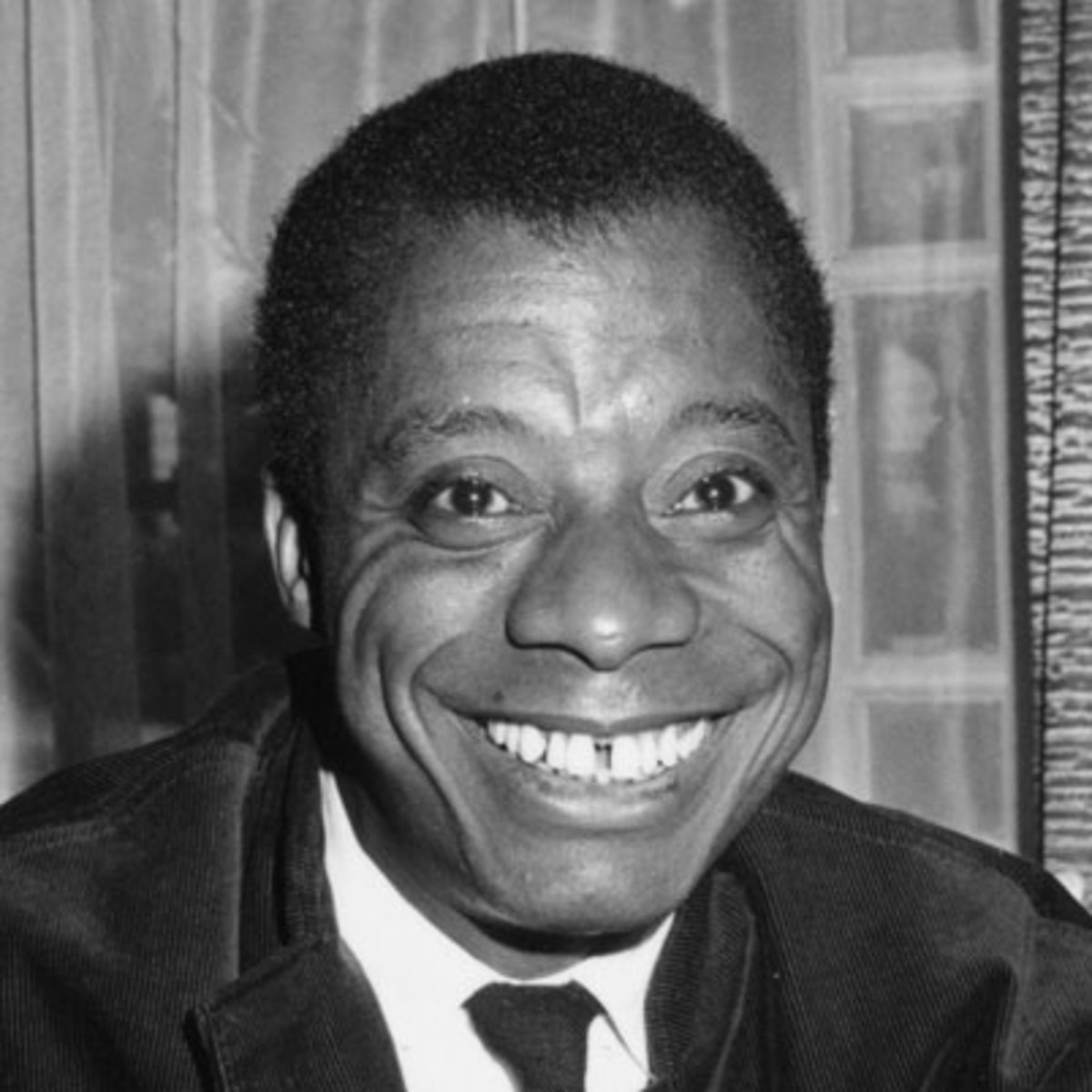There is no reason for you to try to become like white people and there is no basis whatever for their impertinent assumption that they must accept you. The really terrible thing, old buddy, is that you must accept them. And I mean that very seriously. You must accept them and accept them with love. For these innocent people have no other hope. They are, in effect, still trapped in a history which they do not understand; and until they understand it, they cannot be released from it. They have had to believe for many years, and for innumerable reasons, that black men are inferior to white men. Many of them, indeed, know better, but, as you will discover, people find it very difficult to act on what they know. To act is to be committed, and to be committed is to be in danger. In this case, the danger, in the minds of most white Americans, is the loss of their identity. Try to imagine how you would feel if you woke up one morning to find the sun shining and all the stars aflame. You would be frightened because it is out of the order of nature. Any upheaval in the universe is terrifying because it so profoundly attacks one's sense of one's own reality. Well, the black man has functioned in the white man's world as a fixed star, as an immovable pillar: and as he moves out of his place, heaven and earth are shaken to their foundations. You, don't be afraid. I said that it was intended that you should perish in the ghetto, perish by never being allowed to go behind the white man's definitions, by never being allowed to spell your proper name. You have, and many of us have, defeated this intention; and, by a terrible law, a terrible paradox, those innocents who believed that your imprisonment made them safe are losing their grasp of reality. But these men are your brothers—your lost, younger brothers. And if the word integration means anything, this is what it means: that we, with love, shall force our brothers to see themselves as they are, to cease fleeing from reality and begin to change it.
Published:
1963
Length:
Regular
Literary Movements:
Civil Rights Movement
Anthology Years:
2021
Themes:
Racial Injustice
Strength & Resilience
Literary Devices:
Essay/Prose
written or spoken language in its ordinary form, without metrical structure
Simile
a comparison between two unlike things using the words “like” or “as”

